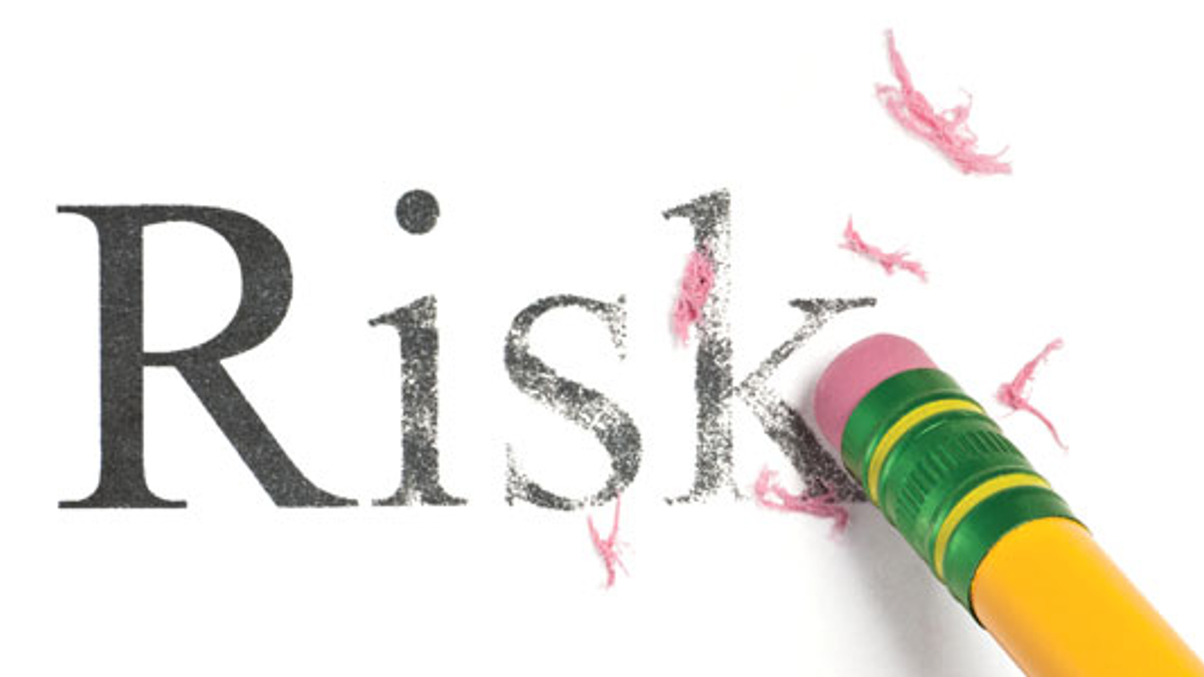HNWIs wading into hedge funds amid rising volatility
Hedge funds are gaining traction among Asia's high net worth individuals, with 2018 showing surging interest amid increased market volatility, say fund selectors and investment advisers.

Wealthy investors in Asia are becoming increasingly interested in investing in hedge funds, an asset class they had mostly shunned in recent years over concerns of high fees and poor returns, say wealth managers and industry observers.
Sign in to read on!
Registered users get 2 free articles in 30 days.
Subscribers have full unlimited access to AsianInvestor
Not signed up? New users get 2 free articles per month, plus a 7-day unlimited free trial.
¬ Haymarket Media Limited. All rights reserved.


